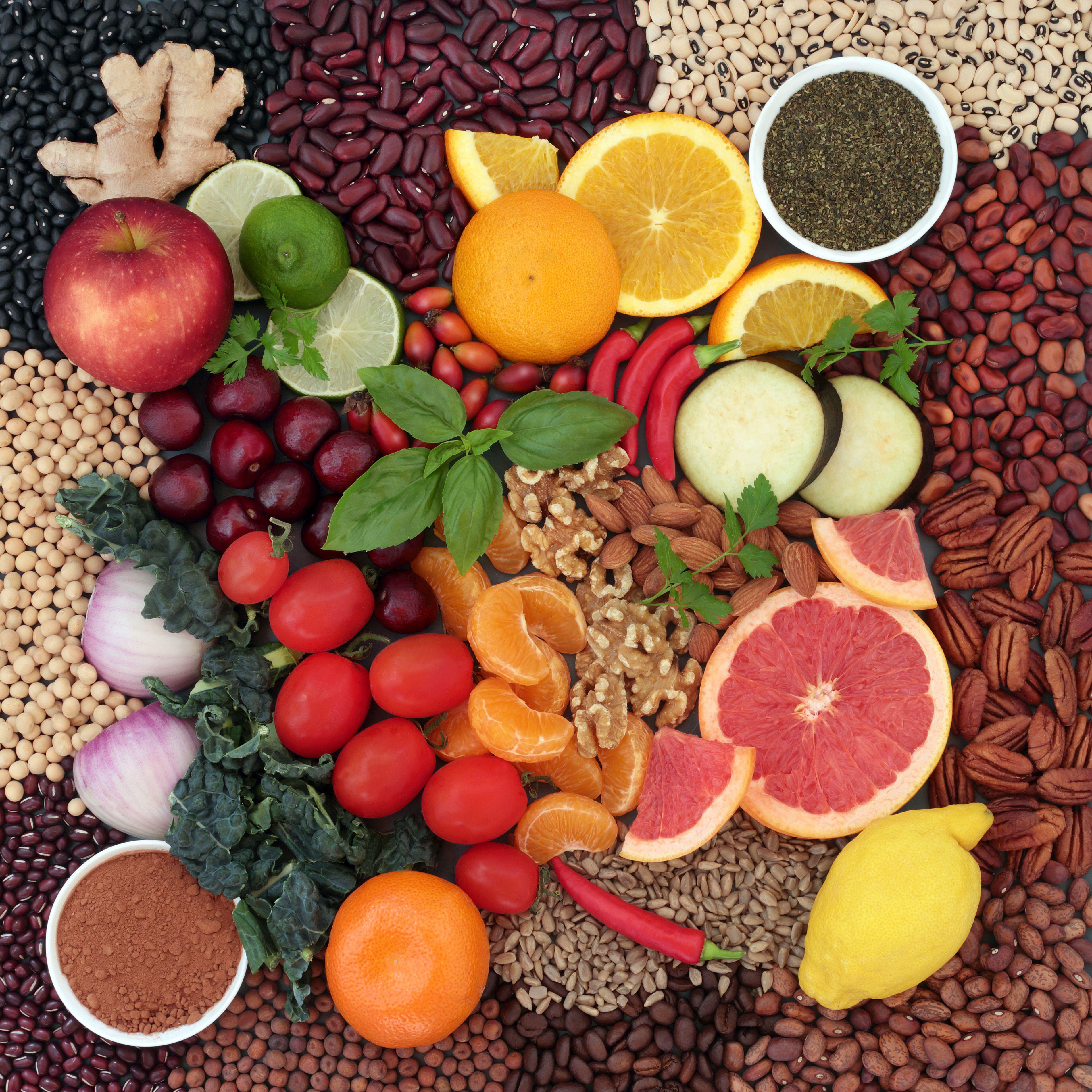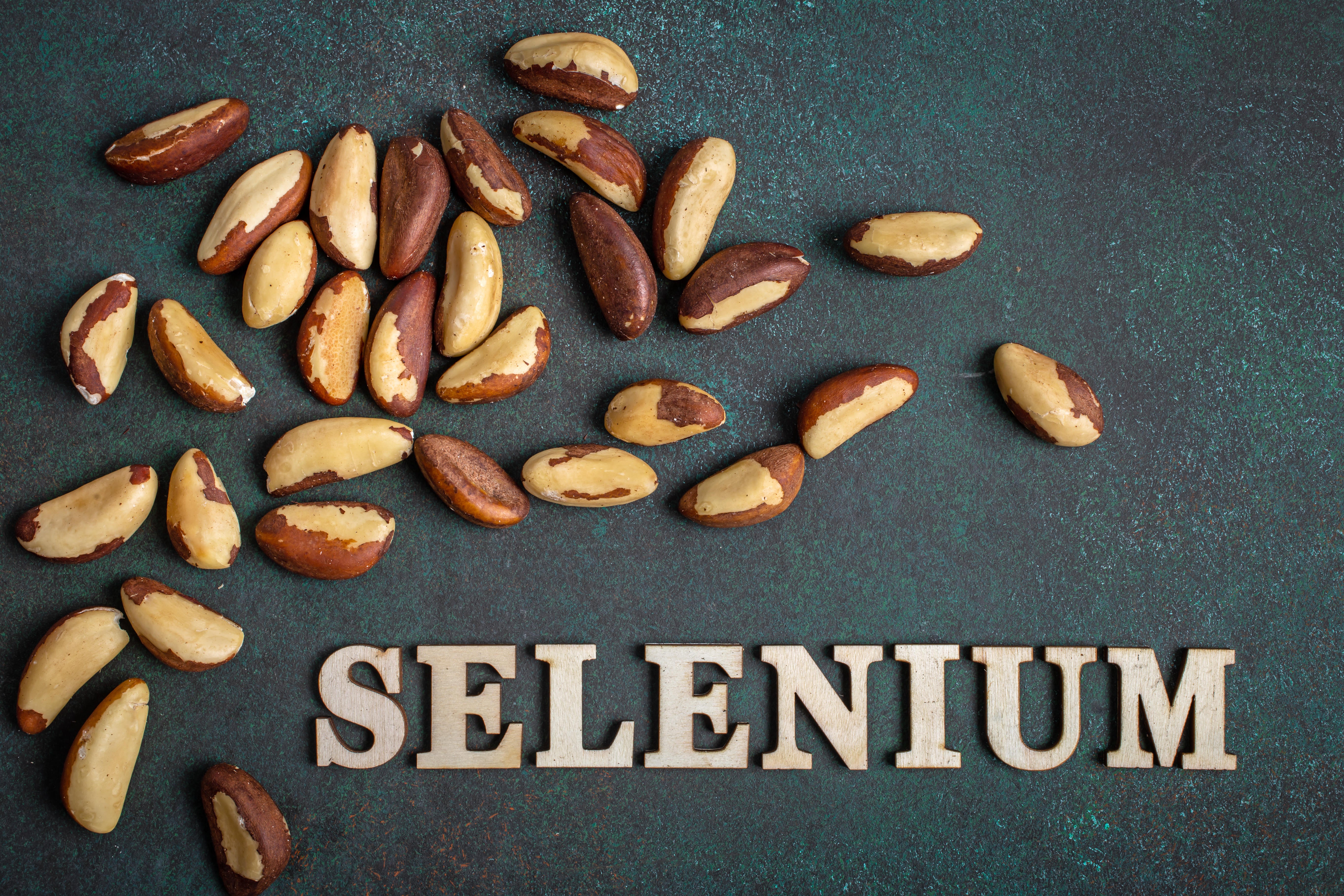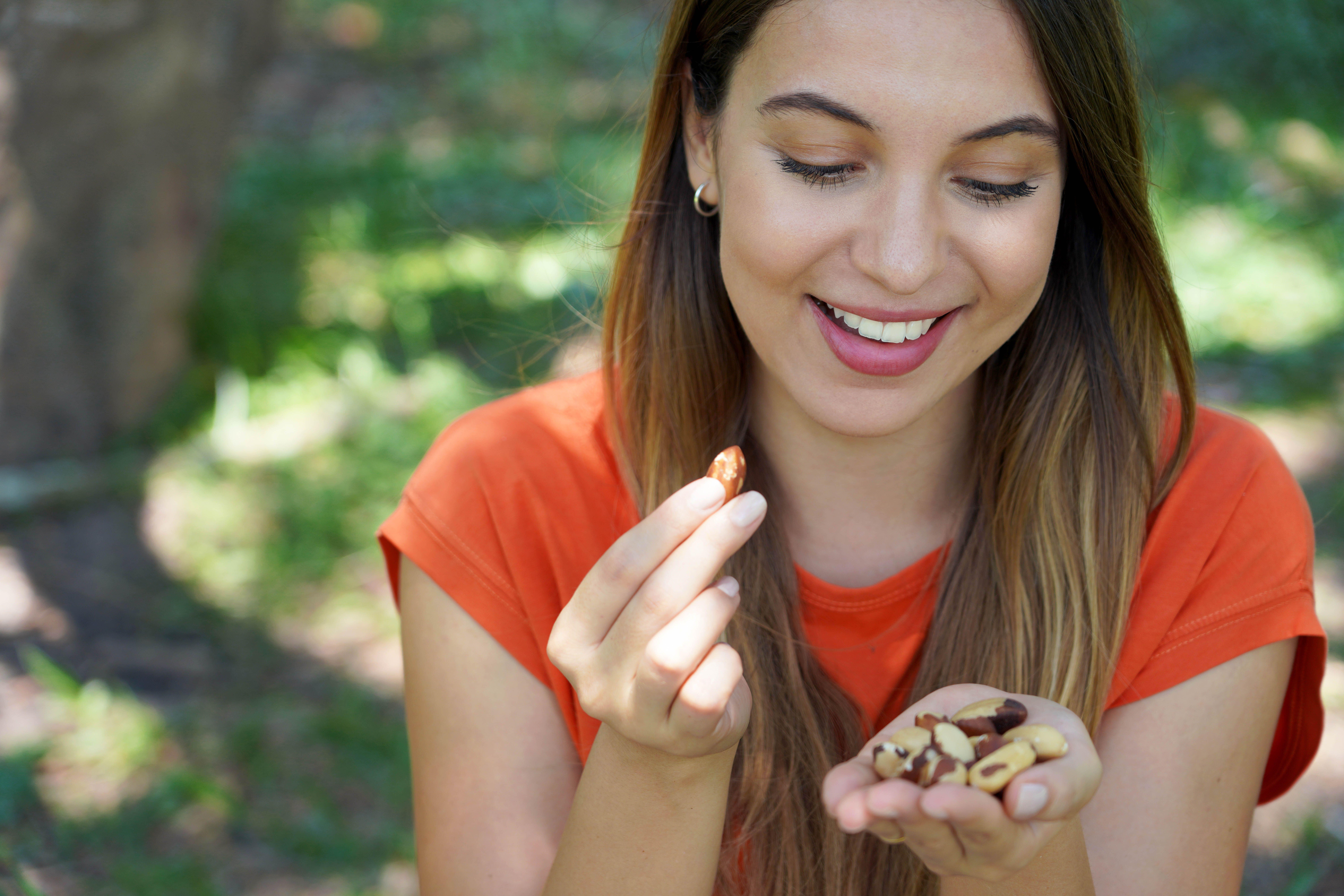What are the foods rich in selenium and should we be worried about them?
A selenium limit could potentially prevent cancer spreading to other parts of the body

Your support helps us to tell the story
From reproductive rights to climate change to Big Tech, The Independent is on the ground when the story is developing. Whether it's investigating the financials of Elon Musk's pro-Trump PAC or producing our latest documentary, 'The A Word', which shines a light on the American women fighting for reproductive rights, we know how important it is to parse out the facts from the messaging.
At such a critical moment in US history, we need reporters on the ground. Your donation allows us to keep sending journalists to speak to both sides of the story.
The Independent is trusted by Americans across the entire political spectrum. And unlike many other quality news outlets, we choose not to lock Americans out of our reporting and analysis with paywalls. We believe quality journalism should be available to everyone, paid for by those who can afford it.
Your support makes all the difference.Scientists have said limiting the antioxidant effects of selenium could help prevent the spread of triple negative breast cancer.
The action of selenium, a key antioxidant found in foods such as Brazil nuts, meat, mushrooms and cereals, was assumed to be useful in fighting against cancer cells.
The new study challenges this.
The research, published in EMBO Molecular Medicine, shows that when triple negative breast cancer cells are not clustered together, such as when they are moving to other parts of the body, they cannot survive without selenium.
Research lead Dr Saverio Tardito, of the Cancer Research UK Scotland Institute in Glasgow, explains: “We need selenium to survive, so, removing it from our diet is not an option, however, if we can find a treatment that interferes with the uptake of this mineral by triple negative breast cancer cells, we could potentially prevent this cancer spreading to other parts of the body.”
But what exactly is selenium, and what food is it in?
What is selenium?
“Selenium is a trace element found in soil,” explains Dr Carrie Ruxton, a dietitian at the Health and Food Supplements Information Service. “In the body, selenium is well absorbed and is used to make a protein building-block (amino acid) called selenocysteine.
“Proteins made from this amino acid are vital for normal thyroid function, immunity, fertility and also protecting the body against cancers and cell damage due to toxins.”
What food is it in?

“Unfortunately, the UK has historically low levels of selenium in our soils, making our cereals poor sources,” says Ruxton. “So, we need to choose animal foods (turkey thigh, beef), fish (tuna) or imported foods (Brazil nuts are the richest source) to get what we need from the diet.
“A simple alternative is to top up with a multivitamin and multi-mineral supplement which will provide recommended doses of the nutrients we need on a daily basis. This complements our diets and doesn’t replace the natural sources of selenium.”
What are the health benefits of selenium?
Selenium is a powerful antioxidant.
“Every day our body cells are under attack from free radicals produced during the normal activities of our metabolism and immune system,” explains Ruxton. “Cells need a constant supply of antioxidants, including selenium, vitamins C and E, to protect them.”
This essential nutrient also plays an important role in maintaining thyroid function.

“Correct levels of selenium helps maintain the thyroid and protect its tissue, while a deficiency may increase the risk of thyroid disease,” explains Lucy Diamond, registered dietitian and clinical director for Innovation at NHS weight management provider, Oviva.
Findings from some studies also suggest that it may also help lower cholesterol.
“According to studies, selenium can help to protect against cardiovascular disease by lowering ‘bad’ cholesterol and inflammation,” says Ruxton. “There may also be a role in cancer prevention and protecting against cognitive decline, but the evidence is inconsistent.”
Does any evidence show that too much selenium is bad?
Despite its benefits, consuming too much selenium over a prolonged period can be toxic, explains Diamond.

“This condition is called selenosis, and it can lead to symptoms like hair loss, brittle nails, garlic-like breath, and digestive issues,” says Diamond. “In extreme cases, it can even cause more serious problems, like nerve damage.
“It’s not a common issue for most people, especially if you’re getting selenium through food, but it’s something to be mindful of if you’re taking supplements or regularly eating large amounts of selenium-rich foods like Brazil nuts.”
So how much should we be consuming?
“In general, men aged 19-64 years are recommended 75μg a day and women aged 19-64 years are recommended 60μg a day per day, but that amount can vary slightly depending on life stages, such as pregnancy or breastfeeding,” says Diamond. “Not getting enough selenium can lead to issues like weakened immunity or cognitive changes, though deficiency is fairly rare.
“However, too much selenium isn’t good either, so it’s important to be mindful of the upper limit of 400 mcg per day, as overdoing it can lead to negative side effects like hair loss or digestive problems.”
Ruxton says that eating three or four Brazil nuts a day is plenty, and encourages people taking dietary supplements to always follow the dosage instructions.